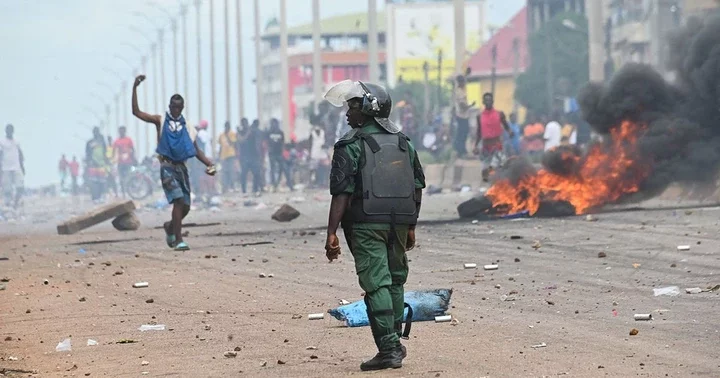
The recent rise in conflict in the Middle East, especially between Israel and Iranian-backed groups like Hezbollah, has serious effects that reach far beyond the region.
As this crisis develops, West Africa faces various challenges that could threaten its security and economy.
Here are ten ways the conflict in the Middle East could empower local militant groups, affect economic conditions, and alter international relations in West Africa.
1. The Middle East conflict can fuel radicalisation among insurgent groups in West Africa, as they align with global Islamist narratives.
2. The Hezbollah-Israel-Iran tensions may inspire Boko Haram, ISWAP, and AQIM to escalate attacks, driven by anti-Western rhetoric.
3. The death of leaders like Hassan Nasrallah may not weaken these groups due to their decentralised structures, as seen with Boko Haram after Mohammed Yusuf's death.
4. The conflict could increase arms trafficking into West Africa, making sophisticated weapons more accessible to terrorist groups.
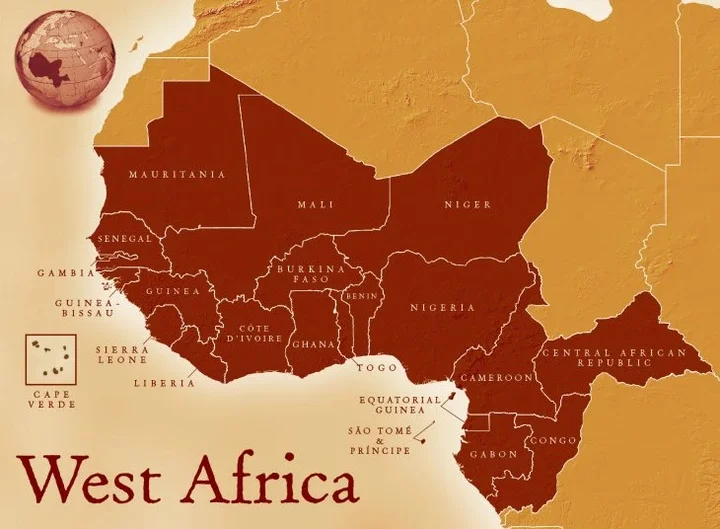
5. Foreign military interventions in West Africa might face heightened resistance, as terror groups exploit anti-Western sentiments linked to the conflict.
6. Economic instability may worsen in West African nations due to global oil price shocks caused by the conflict, raising inflation and increasing social unrest.
7. The removal of fuel subsidies in Nigeria, coupled with rising oil prices, could severely strain households and provoke discontent.
8. Countries like Ghana and Senegal could face intensified inflation, further worsening economic vulnerabilities.
9. The conflict may strengthen transnational terror networks, aligning West African insurgents with broader global terrorist movements.
10. To mitigate these risks, West African nations need to focus on regional cooperation, energy security, and reducing dependency on imported fuel.

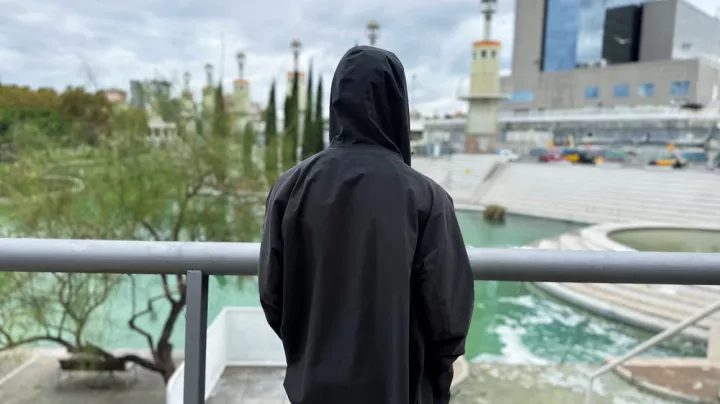



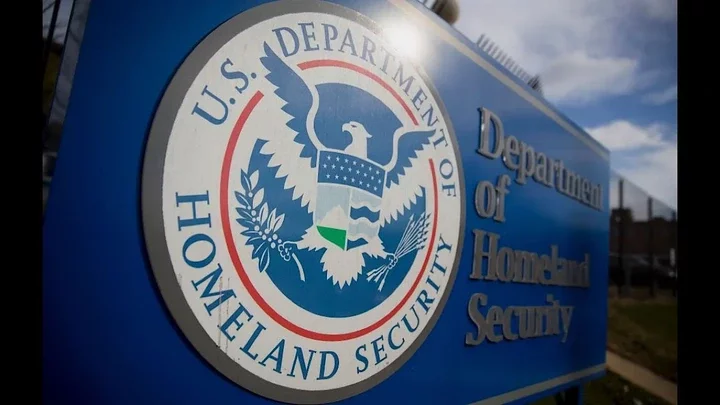





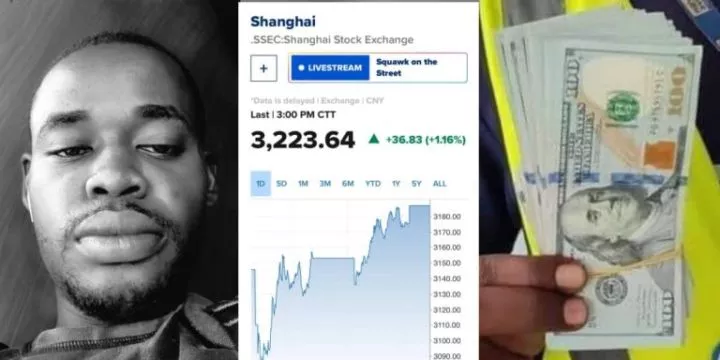




Comments